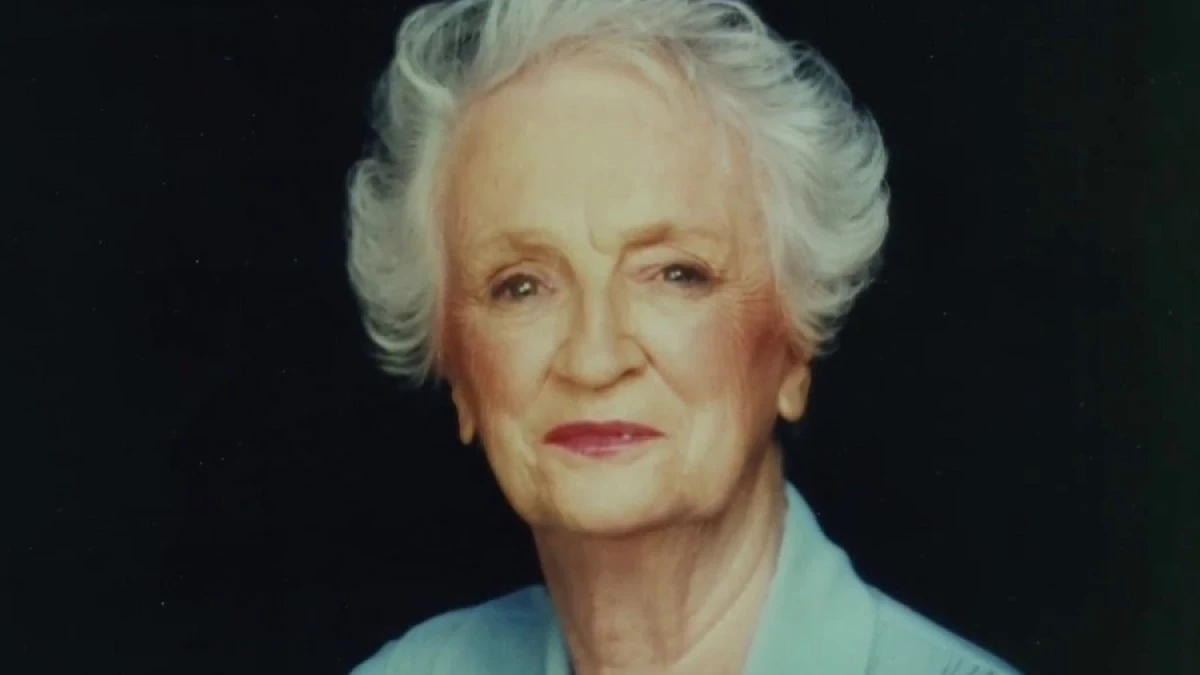Peplau's Interpersonal Relationship Theory
 |
| Hildegard Peplau |
Hildegard Peplau was a prominent nursing theorist known for her theory of interpersonal relations in nursing. Her theory, developed in the mid-20th century, revolutionized the field of psychiatric nursing and had a significant impact on the broader nursing profession. Here are key elements of Peplau's theory:
Interpersonal Relations: Peplau's theory focuses on the nurse-patient relationship as the core of nursing practice. She believed that effective nurse-patient interactions were crucial for promoting health and facilitating the patient's journey toward well-being.
Four Phases of the Nurse-Patient Relationship:
- Orientation Phase: In this initial phase, the nurse and patient get to know each other. The nurse assesses the patient's needs, and trust begins to develop.
- Identification Phase: The patient begins to identify their goals and take an active role in their care. The nurse provides guidance and support.
- Exploitation Phase: The patient gains full value from the therapeutic relationship, using the nurse as a resource for information and support.
- Resolution Phase: This final phase involves the conclusion of the nurse-patient relationship, and both parties evaluate the progress and growth achieved.
Roles of the Nurse: Peplau identified several roles that nurses should assume during the therapeutic relationship, including the roles of a stranger, resource person, teacher, and leader, as mentioned in a previous response.
Patient-Centered Care: Peplau's theory emphasizes tailoring nursing care to meet the unique needs of each patient. She believed that understanding the patient's thoughts, feelings, and experiences was essential for effective care.
Emphasis on Communication: Effective communication is a cornerstone of Peplau's theory. Nurses should use communication skills to establish trust, facilitate patient understanding, and promote a supportive environment.
Application to Psychiatric Nursing: While Peplau's theory can be applied to nursing in various settings, it was originally developed in the context of psychiatric nursing. Her work was instrumental in shifting the focus of psychiatric care from custodial care to therapeutic care.
Legacy: Hildegard Peplau's theory of interpersonal relations in nursing has had a lasting impact on nursing education, practice, and research. It has contributed to a more patient-centered approach in healthcare, emphasizing the importance of the nurse-patient relationship in promoting healing and well-being.
Peplau's theory continues to be studied and applied in modern nursing practice, and it remains relevant in understanding the dynamics of nurse-patient interactions and their impact on patient outcomes.






Leave a Comment